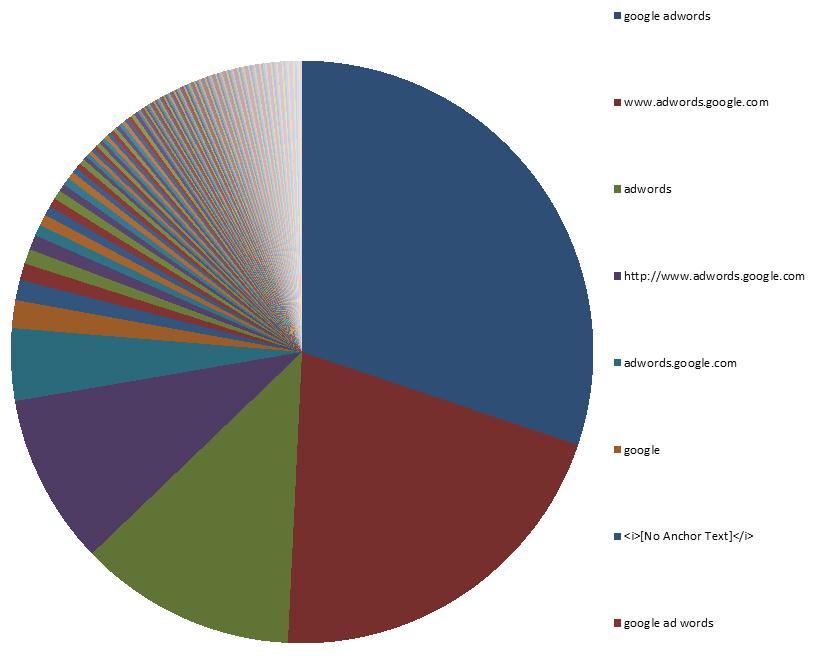Despite search engines such as Google changing their algorithm on a weekly basis just to keep us on our toes, there is one thing that appears to be a firm favorite of the number one search engine and that is all things natural. Natural content, natural keywords, and natural link building are favored by Google and they make no secret of this. To back this up we also find that anything which is unnatural or false is severely frowned upon and often penalized or even banned by Google. All concrete facts prove that natural is the way to go.
Whilst there is no denying the sophistication and intelligence of Google, it is worth reminding ourselves now and again that it is not a real person. Google is a search engine, the product of a machine, and ultimately a robot in the world of online searches. Whilst it’s quality, strategies, and filtering systems are extremely efficient, can something that is not really always get it right? Search engines work in the same way as any communication that is done in written form, and the downfall to it is that the way in which something is interpreted is often different from how it was actually said.
Compare it to a basic email as an example. Quite often we can interpret something which was not meant as nasty or harmful in completely the wrong way. This is because we can read words and phrases but we cannot read emotions when they are just in black and white. Of course, in the email situation, there are options to add emoticons and punctuation, yet in the world of meta tags, keywords, and link building there is not. The last thing any website wants is Google seeing their links as an unnatural or black hat when they are in fact 100% genuine for the search engine optimization process.
Whilst this is not an exceptionally common occurrence it is important for anybody embarking on any Link Building Service strategies to bear this in mind. The most common areas for concern are within blog pages or news sections. These areas are the ideal place to increase traffic and are also a haven for spam links, so anything which does not bear obvious relevance could be seen as unethical. Be extra careful when including links within your blogs to other pages which do not bear an obvious resemblance to what you are writing about. Whilst the source of the article may mean something to you, it may not be obvious to Google. Creating links that are not obvious to search engines will not do you any harm now and again, however, it is best not to make a habit of it.
Misinterpretation is a common occurrence for Google and who can blame it with the English language being so complex. If you have keywords which could have a double meaning then just be a little cautious when it comes to your SEO link building. A good way around this is to choose long tail keywords which are more descriptive of your product, to prevent misleading links from being displayed.


Comments are closed.